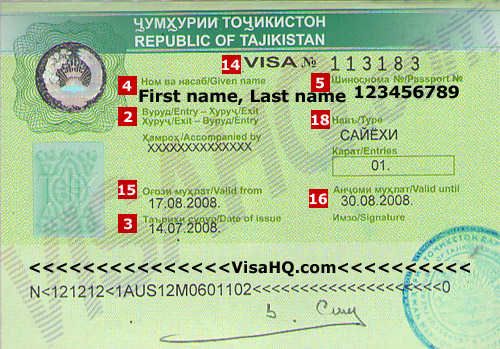Tajikistan Embassy list in Portugal
Need help?Chat with us
Why Trip Registration at the Tajikistan Embassy is Important
Registering your trip with the Tajikistan embassy is crucial for ensuring your safety while traveling abroad. This process allows the embassy to maintain communication with you, providing vital support during emergencies, such as natural disasters, political unrest, or medical crises. For instance, in the event of an earthquake or flooding, the embassy can swiftly communicate safety measures and evacuation plans. Similarly, if political tensions flare up, registered travelers can receive timely alerts and guidance on staying safe. In situations requiring urgent medical attention, the embassy can assist in connecting you to local healthcare services and ensure you receive proper care. Overall, trip registration enhances your safety and preparedness during your travels.
Tajikistan Embassy FAQs
Can the Tajikistan embassy assist in legal issues abroad?
Yes, the embassy can provide guidance on legal matters, including finding a local lawyer and understanding your rights while abroad.What should I do if I lose my Tajikistan passport in Portugal?
If you lose your passport, report the loss to local authorities and contact the Tajikistan embassy immediately for assistance in obtaining a replacement.Does the Tajikistan embassy provide information about local customs and laws?
Yes, the embassy can inform travelers about important customs, cultural practices, and local laws to help you navigate your stay in Portugal.Can the embassy help with travel insurance issues?
While the embassy does not provide insurance services, they can guide you on how to reach your insurance provider and resolve claims.
Services Provided by Tajikistan Embassies in Portugal
Passport Services
- Issuance of new passports
- Renewal of expired passports
- Lost passport replacement
Visa Issuance for Foreign Nationals
- Visa applications for entry into Tajikistan
- Information on visa requirements
Assistance in Legal or Medical Emergencies
- Support in legal issues, including referrals to local lawyers
- Assistance in locating medical facilities and providers
Travel Alerts and Safety Updates
- Issuing alerts regarding travel safety
- Providing updates on political or natural emergencies
Support for Nationals Detained Abroad
- Assistance and guidance for Tajik nationals detained or incarcerated
Summarized Diplomatic Presence
The Tajikistan diplomatic presence in Portugal is established primarily through its embassy located in Lisbon. The embassy serves as a critical channel for promoting bilateral relations, facilitating trade, and fostering cultural exchanges between Tajikistan and Portugal. Its primary functions include serving the needs of Tajik nationals, providing assistance in various emergencies, and acting as a liaison for diplomatic communication. The embassy plays an essential role in enhancing mutual understanding and cooperation in sectors such as education, tourism, and investment.
